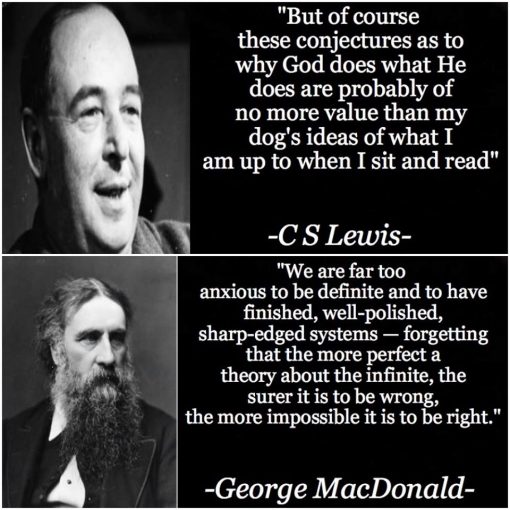Tom+ has an article on the resurrection. I wonder what the special event would be to merit that. There is a curious a-f formatting of paragraphs, it is quite short, but to the point and of course wholly correct.
Nicholas T. Wright: The Resurrection Revolution – On Faith at washingtonpost.com
b. The word ‘resurrection’ in the first century, whether used by people who believed in it (Christians and some Jews) or by those who didn’t (pagans and some other Jews), ALWAYS meant something to do with people being physically, concretely, bodily alive having been physically, concretely, bodily dead. It acquires metaphorical meanings (e.g. to do with baptism and holiness) early on but still doesn’t lose its basic meaning. Thus if the early Christians had wanted to say ‘Jesus died and then went to heaven in an exalted state’, or ‘Jesus died but his cause lives on’, or ‘Jesus dies but we can still sense his presence with us’, they would never have used the word ‘resurrection’. They had perfectly good ways of saying those other things, and the word ‘resurrection’ (i.e. its Greek or Aramaic equivalents) wasn’t one of those ways.
And towards the end he says as well,
d. Jesus’ resurrection is thus the foundation — ontologically, and also epistemologically — for all the work Christians are thus called to do for the renewal of creation, society and human lives. Indeed, to be a Christian at all is to be called to be both part of that new creation, by the renewal of the mind and the obedience of the body, and also an agent of that new creation in the wider world. Believing in the bodily resurrection of Jesus is not, despite what many in North America imagine, a way of shoring up a ‘conservative’ world view with all the political fallout that that engenders. Resurrection always was, for the Pharisees and others who believed it would happen eventually and for the early Christians who believed it already had in one case, a highly revolutionary doctrine.
Do read it all.




2 thoughts on “Wright on the Wresurrection”
‘The word ‘resurrection’ in the first century, whether used by people who believed in it (Christians and some Jews) or by those who didn’t (pagans and some other Jews), ALWAYS meant something to do with people being physically, concretely, bodily alive having been physically, concretely, bodily dead.’
That is why early converts to Christianity scoffed at the idea of God choosing to raise a corpse.
Their model of a resurrection was of a corpse rising from the grave.
They believed Jesus was still alive. But, of course, Jesus was a god, and could do things mortals could not.
But who had heard of a corpse rising?
Paul attacks them as idiots for having such a model of the resurrection.
He goes on to explain to them about the different sorts of bodies can exist – heavenly and earthly bodies, like fish , the moon, animals, the sun.
Only an idiot thinks a fish can turn into the moon.
By extension, Paul thinks only an idiot discusses how a corpse can turn into a resurrected being.
For Paul, what rose from the dead was a new body, made of heavenly material.
Paul trashes the idea that resurrected beings are made out of the dust that a corpse becomes – ‘The first man was of the dust of the earth, the second man from heaven. As was the earthly man, so are those who are of the earth; and as is the man from heaven, so also are those who are of heaven. And just as we have borne the likeness of the earthly man, so shall we bear the likeness of the man from heaven. I declare to you, brothers, that flesh and blood cannot inherit the kingdom of God…’
Paul, of course, could not use any personal testimony from any eyewitness when trying to describe what a resurrected body was like.
How could he?
In Paul’s view the body was destroyed, and we get new bodies. Paul is clear on this in 2 Corinthians 5 ‘Now we know that if the earthly tent we live in is destroyed, we have a building from God, an eternal house in heaven, not built by human hands.’
Paul uses metaphors for resurrection like changing clothes and moving to a new building, because he believed that Jesus left his earthly body behind at the resurrection and moved to a new body. Jesus had changed bodies in the way that we change clothes.
This is why Paul never refers to a corpse rising or the resurrection of the flesh. He did not believe in it.